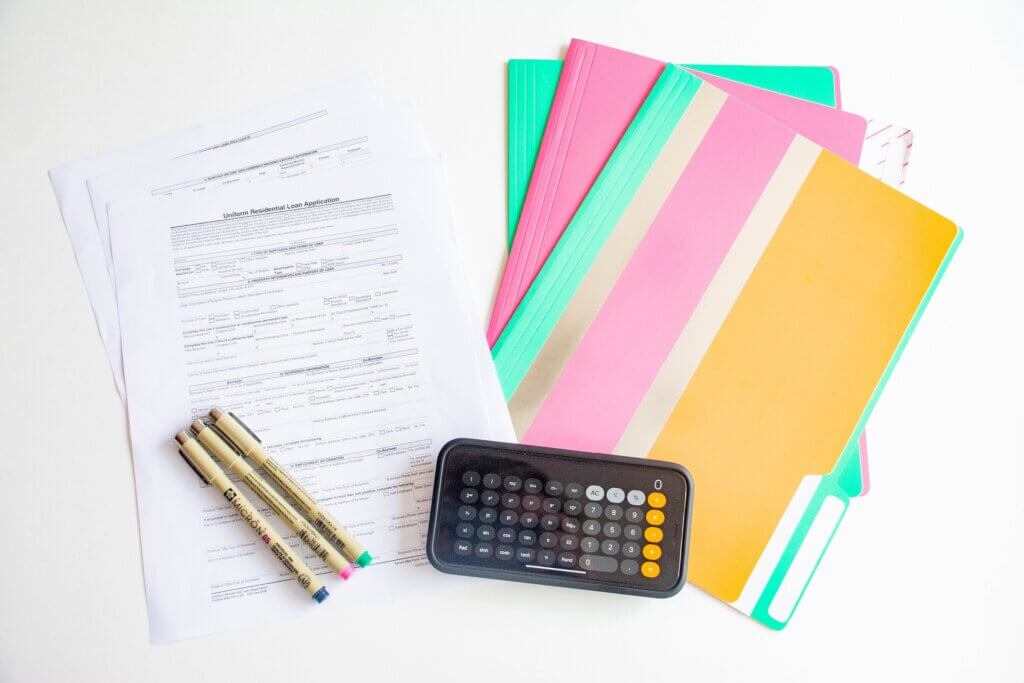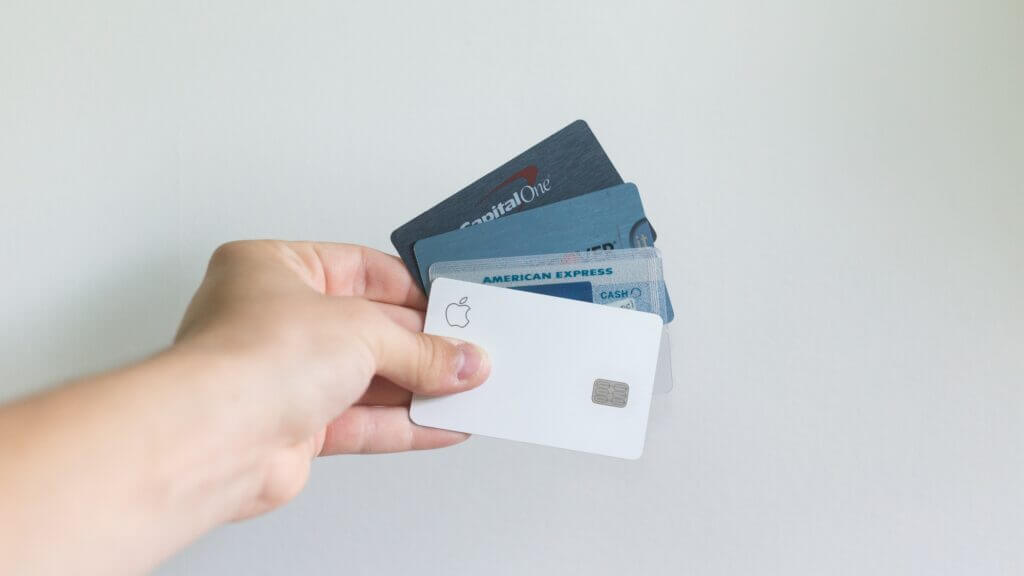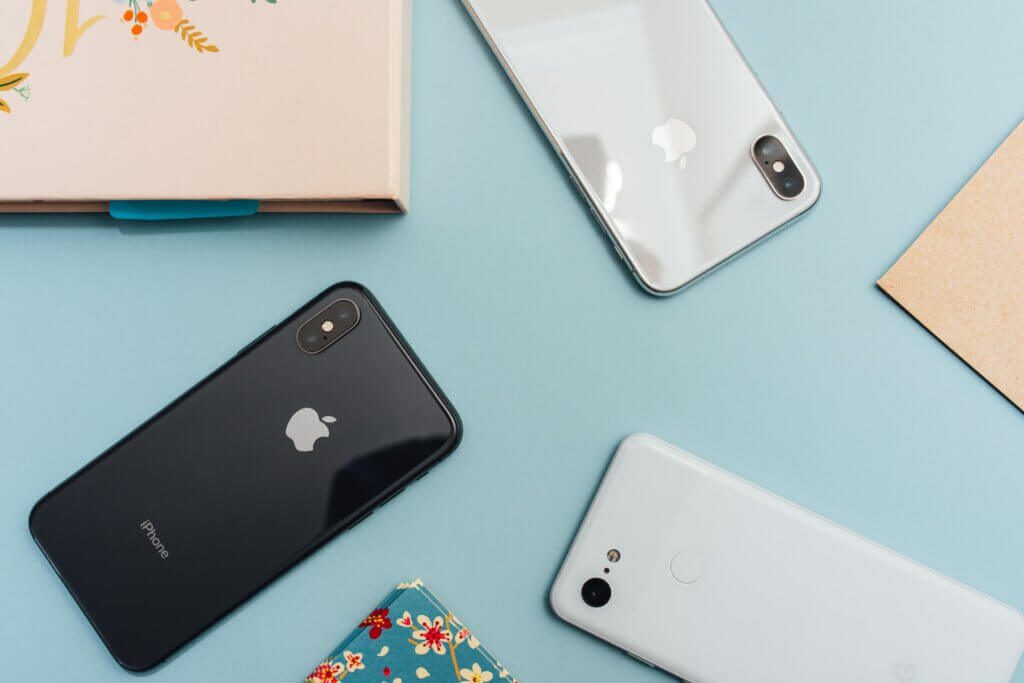A bank is a financial institution that accepts deposits from the public and creates credit. A bank often provides various loans, investment products, and financial services. Banks are profit-oriented entities of importance to modern economies. Before opening an account at any bank or credit union, there are some things you need to know about them first. Here are several things that are important when selecting a bank account in the US:
1. Types of Accounts
There are several bank account types for consumers in the US: savings accounts, checking accounts, and certificates of deposit (CDs). The type of account you choose depends on your needs.
In a checking account, funds are immediately accessible at ATMs or via debit card purchases. A checking account is good for everyday transactions, but you usually have limited ability to write checks. Some checking accounts come with a checkbook that individuals can use at no charge; others will charge for each check written. A common fee is $10-$12 per month for this service.
A savings account generally requires a higher initial deposit, and the funds are federally insured (up to $250,000). Savings accounts typically offer a higher interest rate than checking accounts.
A CD has a fixed term and generally earns a higher interest rate than either savings or checking account. You can withdraw from a CD before it matures, but you will likely be charged an early withdrawal penalty. In addition, the bank may require you to wait a certain amount of time before it can be opened, such as six months.
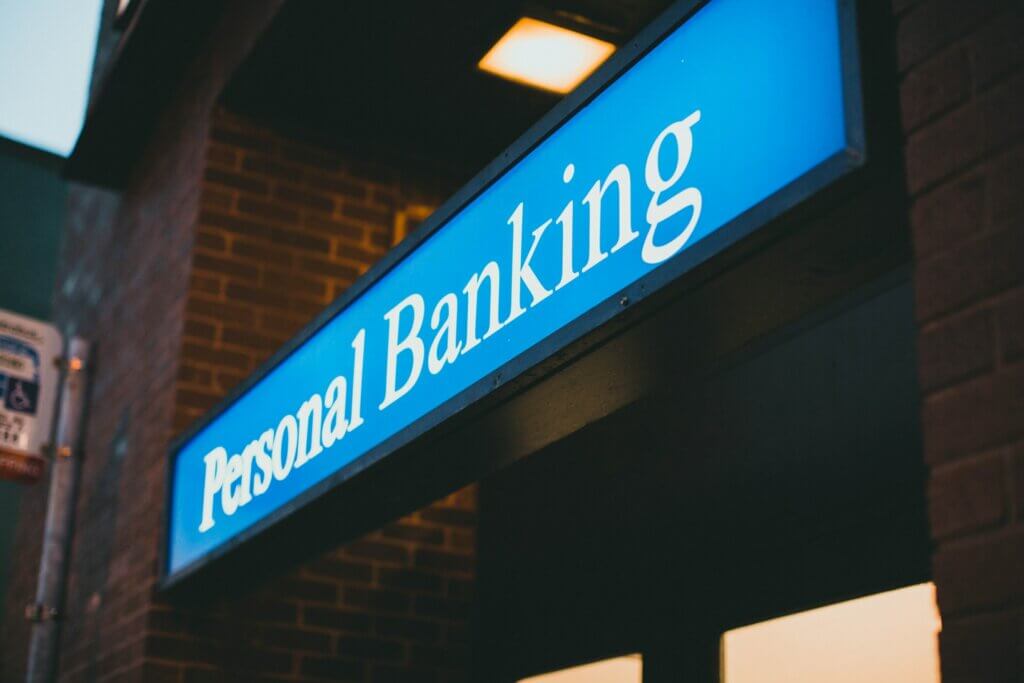
2. Types of Fees
It would be best to inquire about the different types of fees associated with each account you are considering opening. For example, there may be a monthly fee if your account balance falls below a required minimum threshold or if ATM transactions are not conducted through a bank's own ATM network.
You should pay close attention to overdraft fees. These are charged when your account balance becomes negative, and you don't have enough money in the account to cover a purchase or ATM withdrawal. The average overdraft fee is around $27, according to NerdWallet's survey of the fifty largest US banks, but this can vary widely, so be sure to check with your bank if you are charged for over-drafting. Some banks may charge $35-$40 per transaction, while others may allow you to overdraw your account without penalty repeatedly.
Another fee to watch out for is the minimum balance requirement. This is the amount of money that must be kept in your account at all times. It can be a monthly fee or interest rate penalty if it is not met, and some banks may charge an initial minimum required balance when you open your account.
3. Debit Card Access
Your debit card provides access to your checking or savings account funds. The transaction is deducted immediately from your account using a debit card. If you choose to open an account with no check-writing capacity (e.g., a savings account), ensure it provides easy access to ATMs and allows customers to conduct withdrawals conveniently.
4. ATM Fees
Ensure that the bank you choose has convenient ATM access with an ample number of machines, both in your local area and all across the country. You also want to find one with low or no fees for using other banks' ATMs. Many US banks have international transaction fees, usually around 3%. Transactions made at a bank branch from a different bank's ATM may also incur a fee from the home bank.
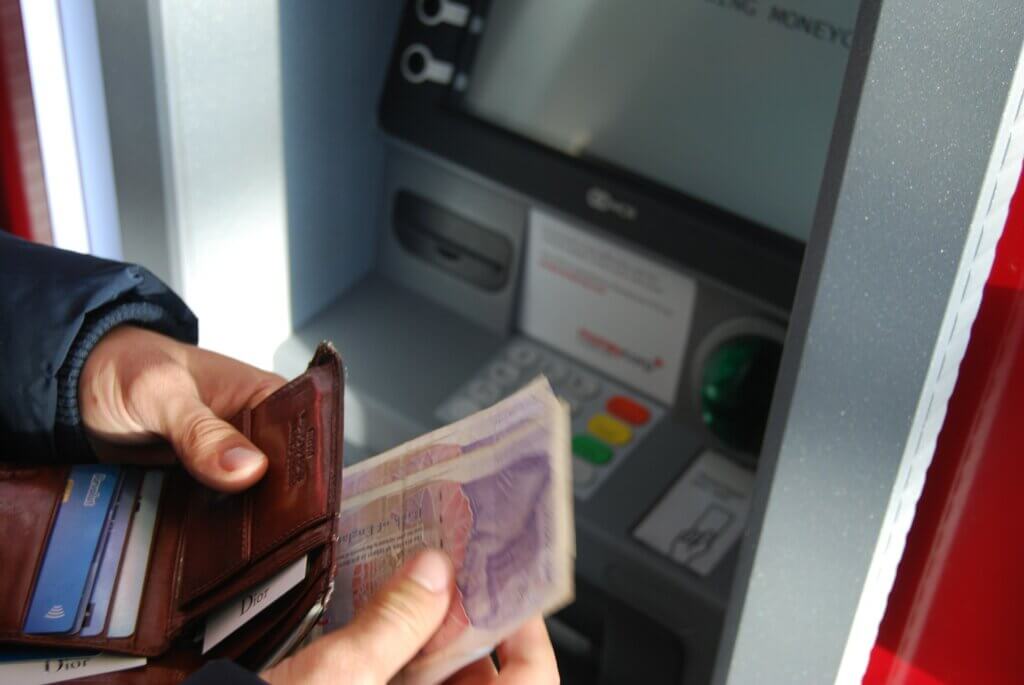
5. Interest Rates
The interest rate usually depends on how much money you have invested with your account. The more you deposit, the higher the interest rate will be as an incentive for you to save more. If your goal is to grow your savings, make sure to find an account with a competitive interest rate to maximize the returns on what you save for the future.
6. Online and Mobile Access
Today, many banks provide online or mobile access to your funds through checking, savings, CDs, and other accounts. This allows users to check their balances in real-time and conduct various transactions, such as checking your CD's maturity date or transferring funds between accounts.
Ensure that the bank you choose has an easy-to-navigate online and mobile banking platform to help with your day-to-day account usage and savings goals. Some banks may charge a fee for using their online or mobile services, so be aware of this before signing up.
7. Direct Deposit
Many banks offer benefits for those who have direct deposits from their employers into their checking account, such as waived overdraft fees and discounted or waived ATM fees. It is a good idea to check whether your bank offers any discounts or waivers on the service charges that come with using your debit card if you have a direct deposit.
8. Financial Advice
Many banks offer personal financial advisors to help their customers in various areas, such as investing and retirement planning. Some may also have a special department devoted to young people for helping them with savings accounts or other products designed to aid in future planning. Make sure that your bank offers assistance if you need it.
9. Unique Features
Lastly, make sure to review the bank's checking account terms and conditions to see if it offers any unique benefits. For example, some banks lower the monthly fee for students under age 26 or waive fees when you deposit your paycheck directly into your account.
10. Additional Services
Make sure the bank is open when you need it. Most banks are open on weekdays during traditional business hours or Saturdays, but some offer extended hours in major cities. Also, find out if there is 24/7 customer service available, how to make deposits at your local branch, and what happens when your ATM card gets lost or stolen.
You should carefully weigh all your options before signing up for a bank account. By considering the factors discussed above, you will be able to find an account that meets your needs and financial situation so you can save effectively for the future.

